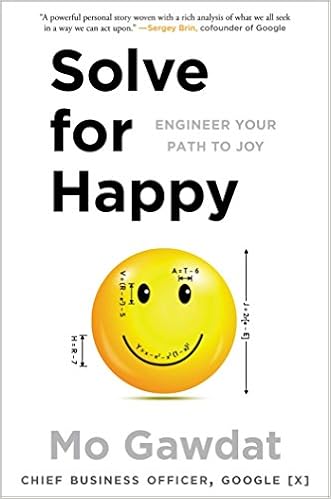Marcus was hesitant because the responsabilities of being emperor on top of the many temptations were inconsistent with his actual aspiration: to be a modest scholar of philosophy. However, he managed to establish a philosophical approach over time, that kept him faithful to his roots away from the excesses of palace life. That's why his way of thinking could be of use in our modern times. Marcus won the respect of the people and the loyalty of the senate during his twenty years of service. Marcus wrote The Meditations, a…
> Read more
Marcus was hesitant because the responsabilities of being emperor on top of the many temptations were inconsistent with his actual aspiration: to be a modest scholar of philosophy. However, he managed to establish a philosophical approach over time, that kept him faithful to his roots away from the excesses of palace life. That’s why his way of thinking could be of use in our modern times. Marcus won the respect of the people and the loyalty of the senate during his twenty years of service. Marcus wrote The Meditations, a collection of his personal notes, with the sole intentton of reminding himself of his values, principles and goals.
< Read less
Marcus was hesitant because the responsabilities of being emperor on top of the many temptations were inconsistent with his actual aspiration: to be a modest scholar of philosophy. However, he managed to establish a philosophical approach over time, that kept him faithful to his roots away from the excesses of palace life. That’s why his way of thinking could be of use in our modern times. Marcus won the respect of the people and the loyalty of the senate during his twenty years of service. Marcus wrote The Meditations, a collection of his personal notes, with the sole intentton of reminding himself of his values, principles and goals.
< Hide description











